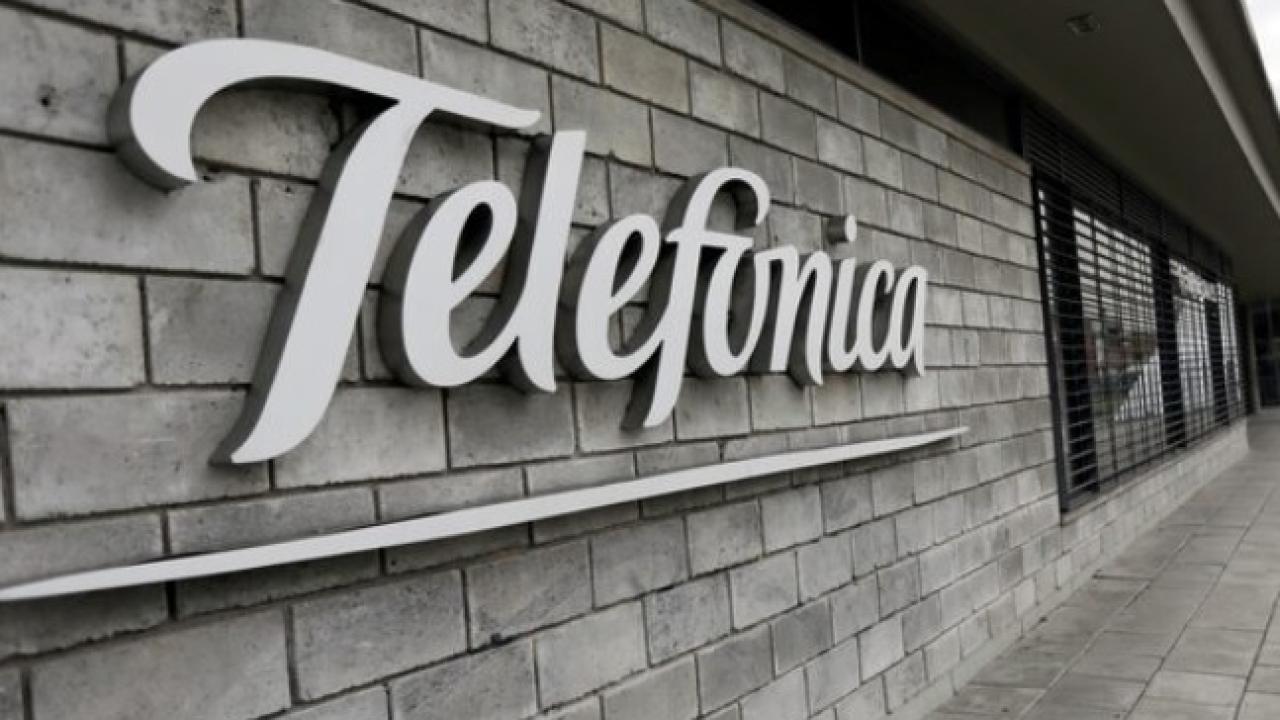
The company, which has focused on offering complementary services to telecommunications to diversify its sources of income and seeks to be more conservative in investments, is renting from a third party the permission to offer credit products within the framework of the "bank as a service" modality. " or Bank as a Service.
Telefónica Brasil is close to obtaining a financial services license from the Central Bank, the company's CEO said on Tuesday.
"The license has not been granted, but we are in the final stretch," said Christian Gebara in an interview with journalists, following the publication of the company's results for the second quarter the night before.
The executive explained that currently the company, which has focused on offering complementary services to telecommunications to diversify its sources of income and seeks to be more conservative in investments, is renting to a third party the permission to offer credit products within the framework of the "bank as a service" or Bank as a Service modality.
According to Gebara, the company intends to advance in the sector and the BC license will reduce costs since the company will be able to offer financial services directly to clients, instead of depending on a third party.
The company aims to have a "more conservative" investment-income ratio and reduced the indicator from 15.9% in the first half of 2023 to 15.5% in the first half of this year.
"We are growing in revenue that does not require capex (investments)," said the executive, citing service offerings in areas such as health and entertainment, in addition to finance.
Already in March of this year, Telefónica Brasil had expressed its intention to operate as a direct credit company and offer
its clients more financial services, which required authorization from the Central Bank.
The company - which owns the Vivo operator, which concentrates 42% of postpaid and 35% prepaid mobile telephony customers plus 18% of fiber internet in Brazil - intended to create a platform to concentrate its financial services under the Vivo name. Pay, the company directors announced on that date.
Among other services, Telefónica will offer its clients credits linked to payroll; instant transfers, known in Brazil as pix, paid in installments; and financing lines linked to the so-called FGTS, which is basically an unemployment fund
Specifically, the company will request from the Central Bank a license to operate as a direct credit company (SCD), a business model that is characterized by carrying out credit operations through an electronic platform, using its own resources.
Telefónica Brasil already offers some financial services to its clients, with which it invoiced about US$81 million last year.
Among other services, it offers personal loans and a credit card in association with the Itaú bank and cell phone insurance, with more than 500 thousand clients for this service.
In Spain, Telefónica has the Movistar Money service. It had offered a similar service called O2 Money in the United Kingdom, which closed shortly after launching in 2012. In Germany, Telefónica has created a free mobile application that includes a financial assistant intended for the German public.









